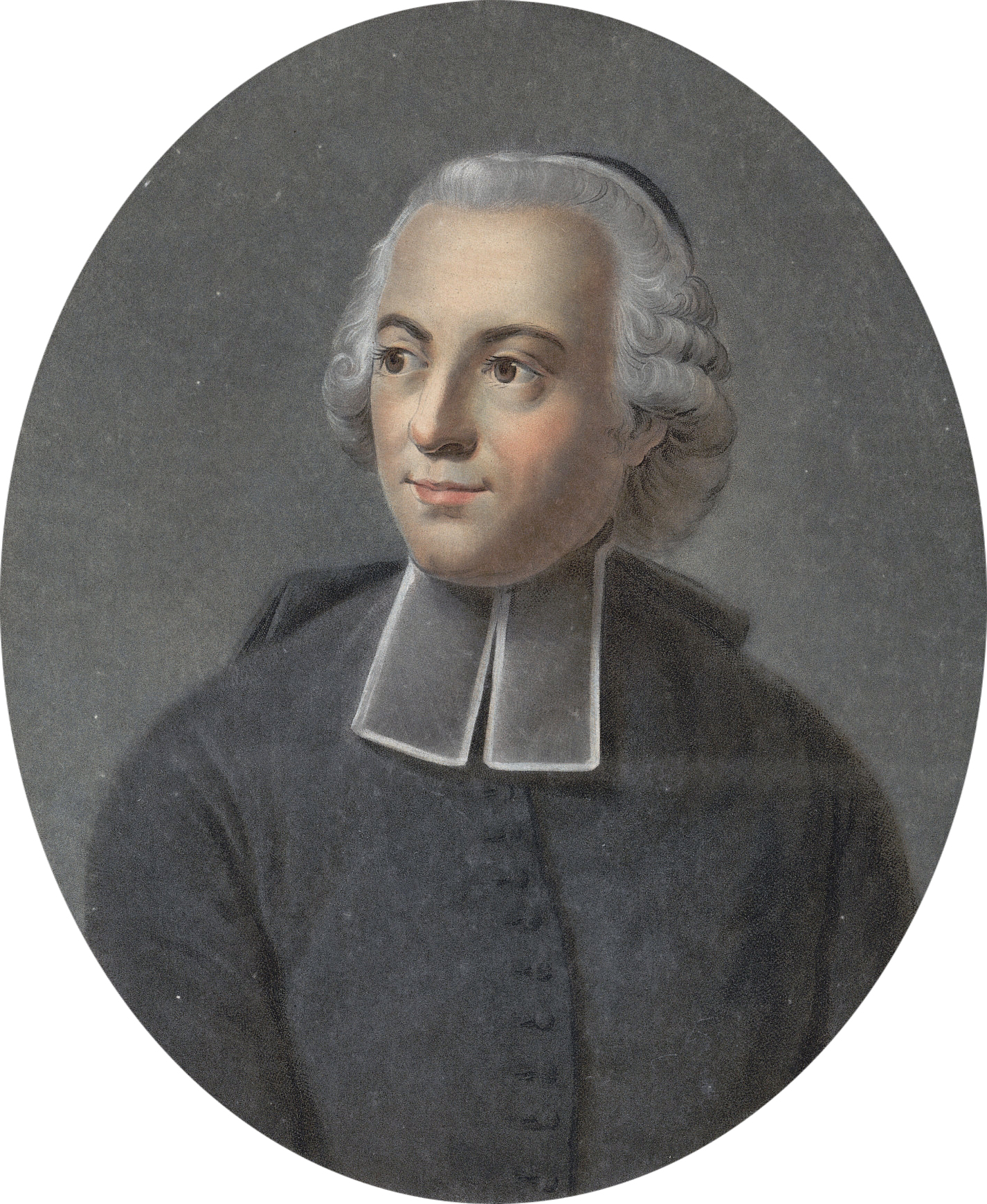Étienne Bonnot De Condillac frases e citações
Étienne Bonnot De Condillac: Frases em inglês
“To the eye of God there are no numbers: seeing all things at one time, he counts nothing.”
As quoted in Physically Speaking: A Dictionary of Quotations on Physics and Astronomy (1997), p. 101.
“The tone in which an Englishman expresses anger would, in Italy, be only a mark of surprise.”
As quoted in David Booth, The principles of English composition (1831), p. 8.
“Our ideas are transformed sensations.”
As quoted in Treasury of Wisdom, Wit and Humor, Odd Comparisons and Proverbs (1878), p. 204.
Le Commerce et le Gouvernement (1776), as quoted in Marx's Capital, Vol. I, Ch. 5.
“The art of reasoning is nothing more than a language well arranged.”
As quoted in Antoine Lavoisier, Elements of Chemistry (trans. Robert Kerr, 1790), Preface, p. xiv.
The Logic of Condillac (trans. Joseph Neef, 1809), "Of the Method of Thinking", p. 3.
… It is not to be assumed that we offer for sale articles required for our own consumption. … We wish to part with a useless thing, in order to get one that we need; we want to give less for more. … It was natural to think that, in an exchange, value was given for value, whenever each of the articles exchanged was of equal value with the same quantity of gold. … But there is another point to be considered in our calculation. The question is, whether we both exchange something superfluous for something necessary.
Le Commerce et le Gouvernement (1776), as quoted in Marx's Capital, Vol. I, Ch. 5.
